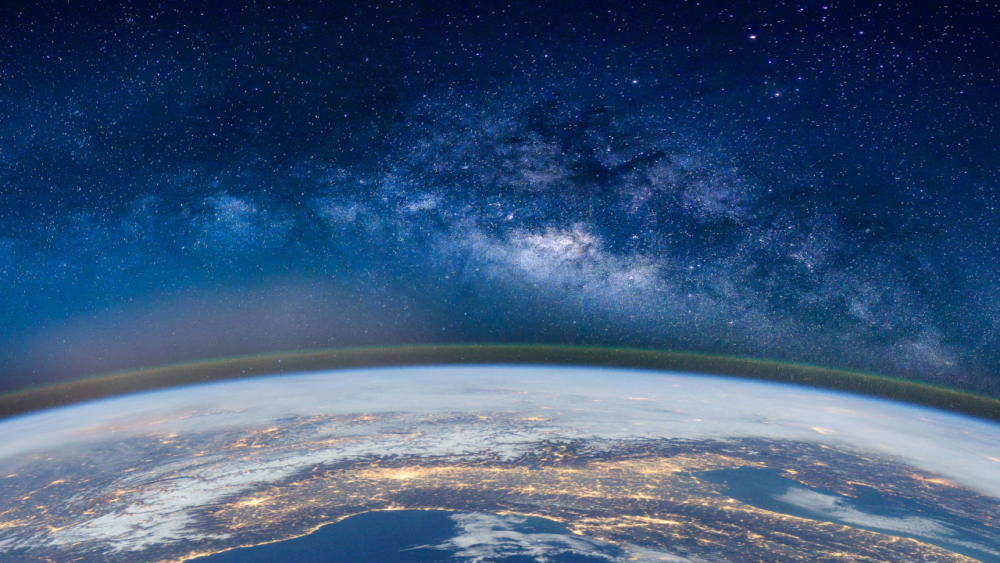

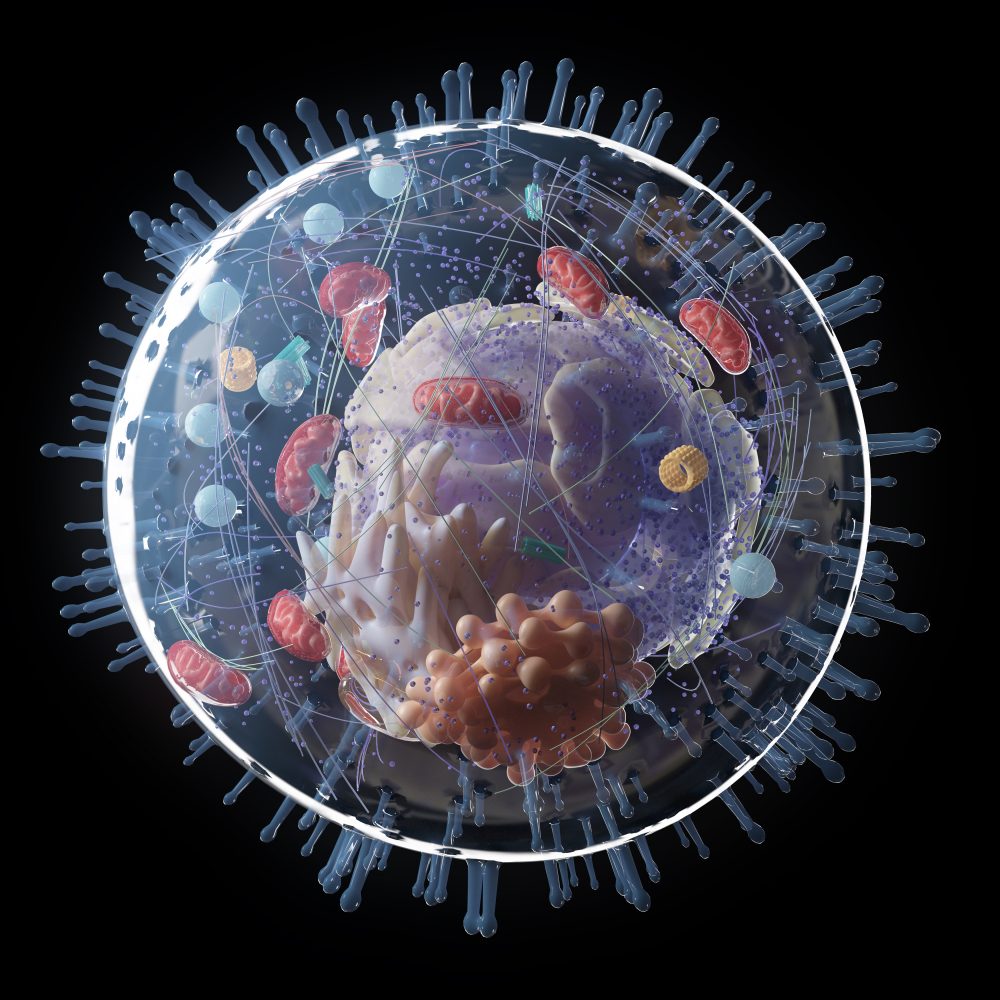
Biochemist Michael Denton on Nature’s Fitness for Life
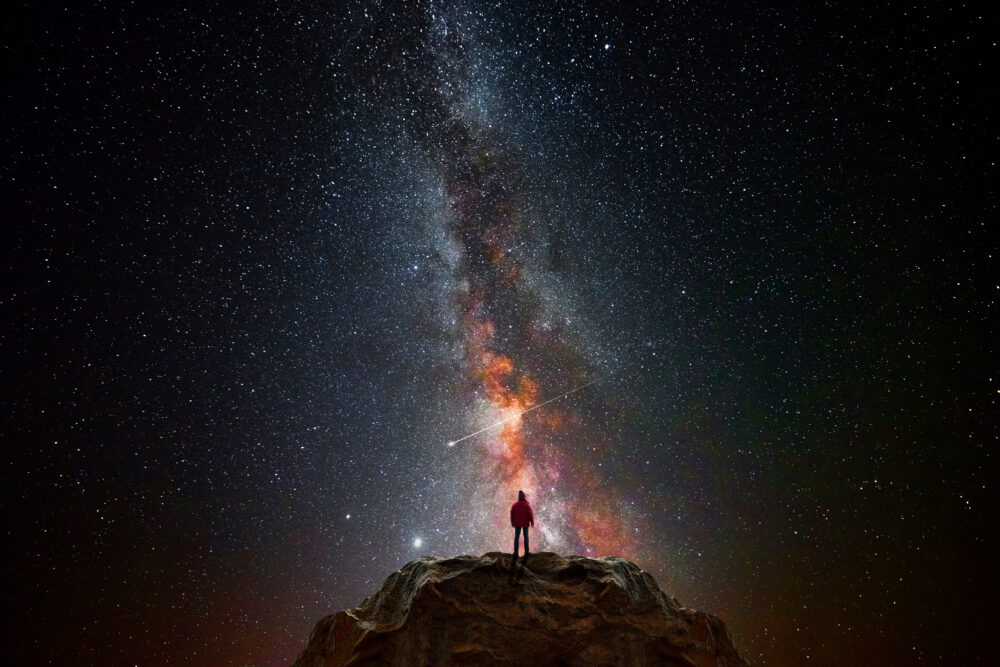
A Reading From The Farm at the Center of the Universe
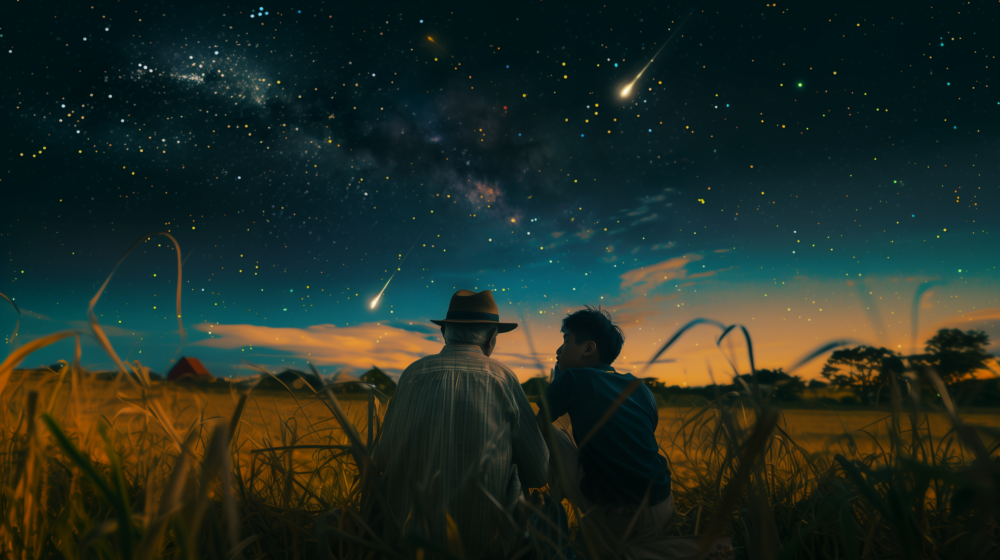
New Novel Invites Teens to Ponder our Privileged Planet
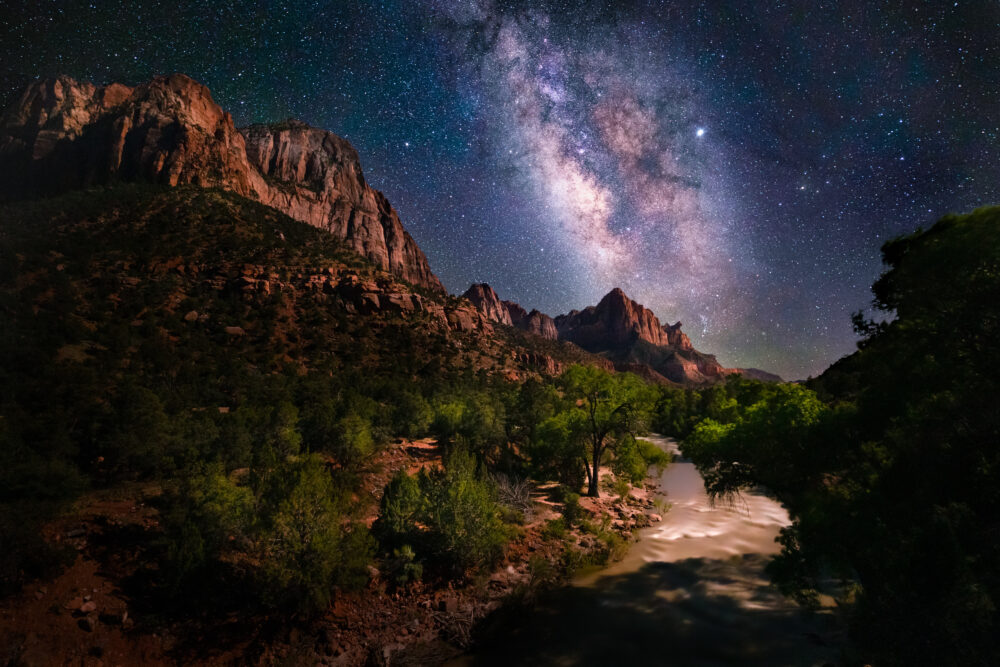
A Privileged Place for Life and Discovery
On this ID the Future host and geologist Casey Luskin continues his conversation with astrobiologist Guillermo Gonzalez about the many ways Earth’s place in the cosmos is fine tuned for life. In this second half of their conversation, Gonzalez zooms out to discuss the galactic habitable zone and the cosmic habitable age. Luskin says that the combination of exquisite cosmic and local fine tuning strongly suggests intelligent design, but he asks Gonzalez whether he thinks these telltale clues favor theism over deism? That is, does any of the evidence suggest a cosmic designer who is more than just the clockmaker God of the deists who, in the words of Stephen Dedalus, “remains within or behind or beyond or above his Read More ›
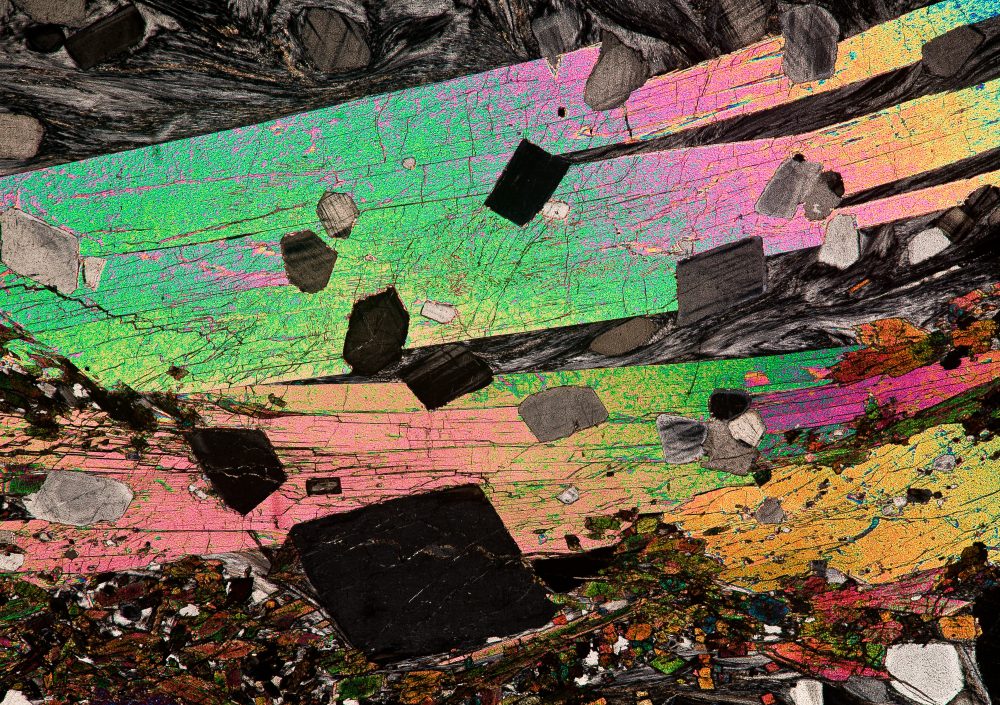
Casey Luskin Talks Tectonics, Design and Hidden Beauty
On today’s ID the Future host Emily Reeves talks with geologist and intelligent design theorist Casey Luskin about his PhD. Luskin says his dissertation wasn’t focused on intelligent design at all; but the knowledge he gained and the methodology he employed well might provide him grist for ID-oriented work down the road. The wide-ranging conversation takes Luskin and Reeves from his geological work in Africa and the method known as uniformitarianism to plate tectonics, paleomagnetism, crustal recycling, and some books on how Earth appears fine-tuned for life. Luskin also tells about some astonishing beauty that lies hidden right under our feet, and how we can discover it for ourselves.

Michael Denton’s Epiphany about Nature’s Fitness for Life
On this episode of ID the Future, biochemist and author Michael Denton tells host Eric Anderson more about his new book The Miracle of the Cell, and about his epiphany when he recognized the many remarkable ways that nature’s chemistry is fine-tuned for life. The focus in this conversation is on carbon chemistry and its “goldilocks zone” ability to form stable bonds but let loose of them when needed. Whereas biologists once wondered about a vitalist “life force” in the cell, Denton sees intelligence and foresight in the very design of carbon, its unique properties, and its “coincidental” relation to water. According to Denton, all of this, taken together, constitutes “one of nature’s most remarkable examples of nature’s fitness for Read More ›

Information, Specified Complexity and the Explanatory Filter
On this episode of ID the Future, we hear the third and final portion of a talk given at the 2020 Dallas Science and Faith conference. Daniel Reeves, education outreach coordinator at Discovery Institute, rounds out his extended explanation of intelligent design theory. Far from being “Gee whiz that’s complicated; it must be designed!,” the theory relies on well-defined concepts such as specified complexity and an explanatory filter that allows one to distinguish designed events from either chance, necessity, or a combination of the two. The key in the molecular biological realm: detecting functional information.
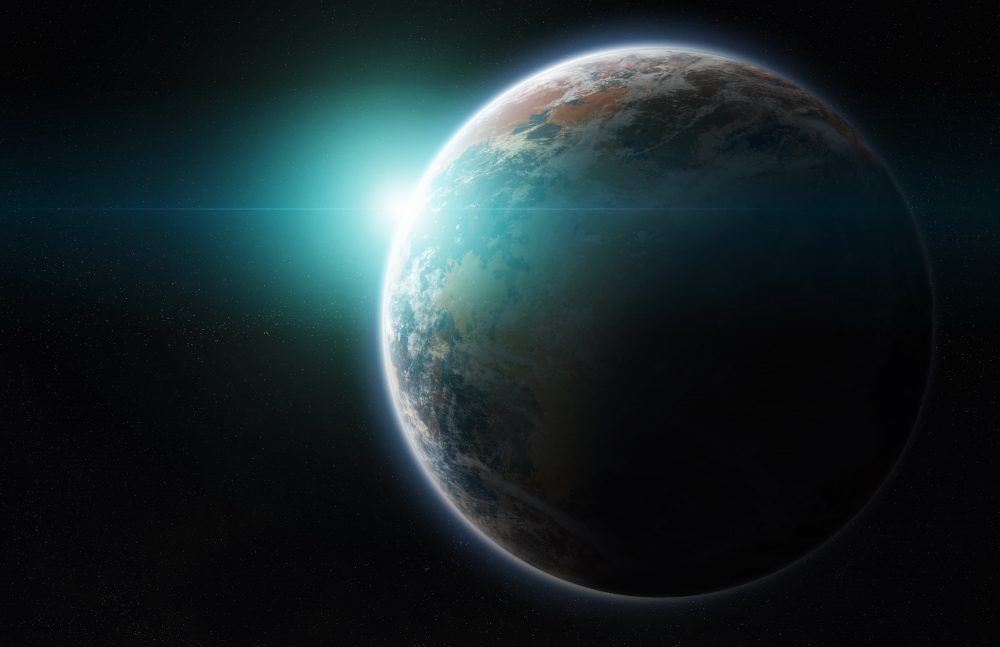
Bijan Nemati on Finding Another Earth
On this episode of ID the Future, Bijan Nemati, formerly of CalTech’s Jet Propulsion Laboratory and now at the University of Alabama, Huntsville, tells what science is learning about how hard it is to find a planet like Earth. Anywhere. The more we learn about the conditions necessary for a planet to host life, the more we see we may need to search at least tens of thousands of Milky Way galaxies to expect to find another one — at least if it all depends on blind luck. This talk is part of bonus material included with the new, thought-provoking series Science Uprising.